Delusional Thinking Is Central to Which of the Following
Non-bizarre delusions are fixed false beliefs that involve situations that could occur. False belief involving functioning of ones body eg belief that ones brain is rotting or melting Delusion Of self-accusation.

Delusions Of Grandeur Types And Symptoms
A delusion where a person believes he is a god is best characterized as a_____delusion.
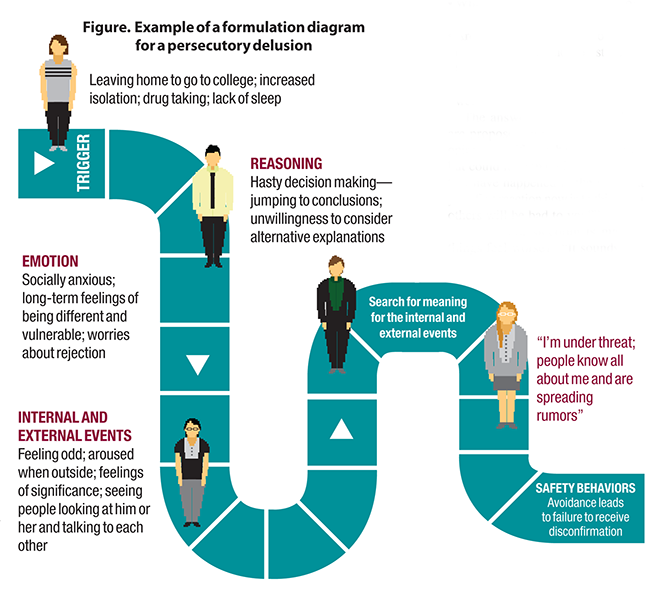
. Indeed clinical delusions are a symptom of psychiatric disorders such as dementia and schizophrenia and they also characterize delusional disorders. Delusion disorder may be defined by central theme of delusions including any of the following 1234 persecutory - belief that oneself or someone close to oneself is being treated malevolently in some way. Delusions are fixed beliefs that are not amenable to change in light of conflicting evidence.
With delusional disorder the person has an untrue idea experience or memory and believes that the delusion is especially important or meaningful. Delusional disorder is a rare condition and difficult to study. Paranoia involves intense anxious or fearful feelings and thoughts often related to persecution threat or conspiracy.
The most common delusion is persecutory where individuals believe that someone is spying on them following them or trying to harm them or their loved one. 1 Psychotic disorders or disorders in which the affected person has a diminished or distorted sense of reality and cannot distinguish the real from the unreal including schizophrenia schizoaffective disorder delusional disorder schizophreniform disorder shared psychotic disorder brief psychotic disorder and. Bizarre delusions are beliefs or situations that are likely not plausible while non-bizarre ones may seem that they.
Delusional disorder is a mental illness in which a person has delusions but with no accompanying prominent hallucinations thought disorder mood disorder or significant flattening of affect. While the cause is unknown some studies suggest that people develop. The signs and symptoms of delusional disorder can vary based on the delusion but may include.
The DSM-IV-TR defines delusional disorder as a group of conditions in which the central feature is the presence of nonbizarre delusions for at least 1 month in duration. Primary Types of Delusions. Paranoia occurs in many mental disorders but is most often present in psychotic disorders.
People suffering from delusional disorder may function normally in society for the most part. Paranoia can become delusions when irrational thoughts and beliefs become so fixed that nothing including contrary evidence can convince a person that what. Passionate arguing in favor of the.
This subtype applies when the central theme of the individuals delusion is that his or her spouse or lover is unfaithful. The following case descriptions include one instance of erotomania the delusion that one is loved by someone else often of higher status and one instance of Cotard delusion the delusion that. The present article will not differentiate the treatment of delusions within specific diagnostic.
Reported to be most common type of delusion. Positive symptoms include delusions hallucinations disorganized thinking speech and grossly disorganized or abnormal motor behavior including catatonia. Delusions occur in various mental disorders - schizophrenia bipolar disorder manic or depressed phases major depressive disorder substance abuse and major neurocognitive disorders.
Delusion of infidelity Delusional Jealousy false belief derived from pathological jealousy that ones lover is unfaithful. A delusion is a false fixed belief that is not amenable to change in light of conflicting evidence. Hallucinations are perception-like experiences that occur without external stimulus.
A delusion differs from a belief that is held based on insufficient information or perceptual feedback. Delusions are fixed beliefs that are not amenable to change in light of conflicting evidence. Positive symptoms include delusions hallucinations disorganized thinking speech and grossly disorganized or abnormal motor behavior including catatonia.
Delusions may be present in any of the following mental disorders. Delusions are considered inaccurate beliefs held by an individual typically with a mental illness regardless of logical evidence disproving the belief. Erotomanic Type Grandiose Type Jealous Type Persecutory Type and Somatic Type APA 1987 pp.
Delusional disorder as defined by Psych Central is the presence of untrue beliefs that are either bizarre or non-bizarre in nature that persist for at least a month. Grandiose Astrid who has been diagnosed with schizophrenia is certain that her thinking is controlled by her aunt who lives several blocks away from her. Delusions are common with mental health diagnoses but can also occur with medical conditions such as brain injury.
Types of delusions include persecutory erotomanic grandiose jealous somatic mixed and unspecified. Delusions can be bizarre or non-bizarre in content. An example of a non-deluded belief was when scientists initially thought that the Earth was the center of the solar.
As a pathology it is distinct from a belief based on false or incomplete information confabulation dogma illusion hallucination or some other misleading effects of perception as individuals with those beliefs are able to change or readjust their beliefs upon reviewing the evidence. False feeling of remorse and guilt. Hallucinations are perception-like experiences that occur without external stimulus.
Delusional disorder is characterized by the presence of nonbizarre delusions in the absence of other mood or psychotic symptoms. This subtype applies when the central theme of the delusion is the conviction of having some great but unrecognized talent or insight or having made some important discovery. A delusion is a fixed false belief in something that is not real or does not exist and is held despite evidence to the contrary.
Following delusional themes as subtypes of Delusional Paranoid Disorder. Apart from the impact of the delusions or its. As a result it is not widely discussed in clinical research.
Delusions are a specific symptom of psychosis.

Pdf Delusions And Overvalued Ideas Continuum

Referential Delusions Brightquest Treatment Centers

Paranoia Vs Anxiety Symptoms Causes And More
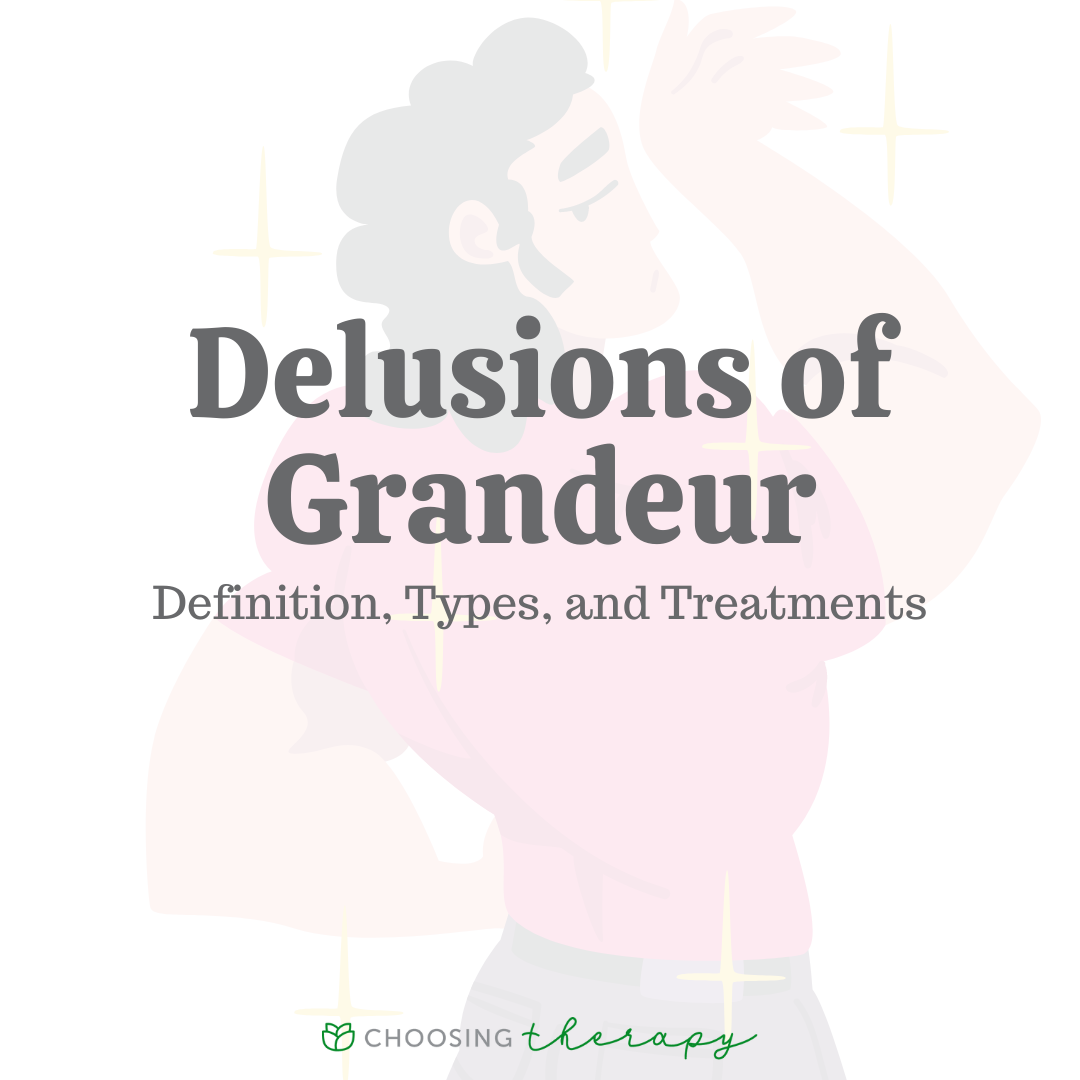
Delusions Of Grandeur Definition Types Treatments Choosing Therapy
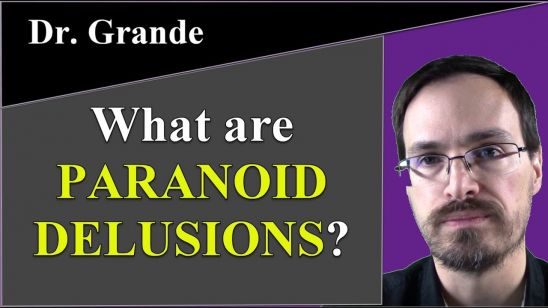
Delusional Disorder Made Of Millions Foundation
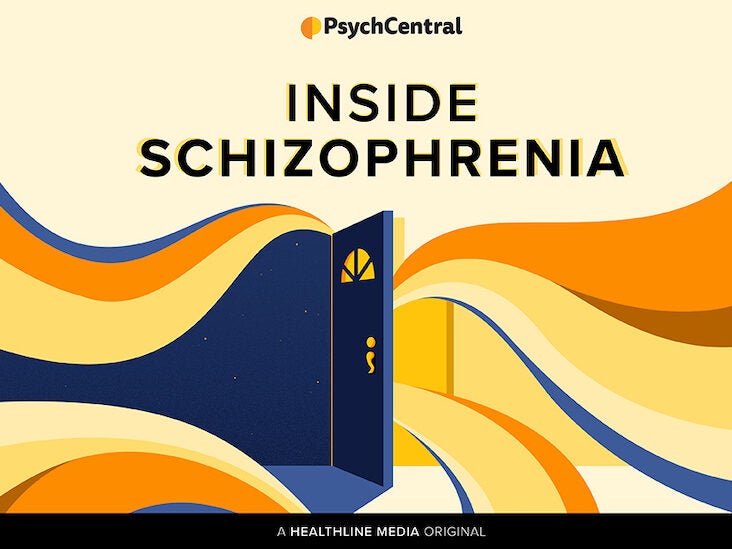
Schizophrenia Basics Delusions Hallucinations Onset Psych Central

The Power Of Delusion Nami National Alliance On Mental Illness

What S The Difference Between Hallucinations Illusions And Delusions For Someone With Parkinson S

Thought Broadcasting Symptoms Diagnosis And Causes
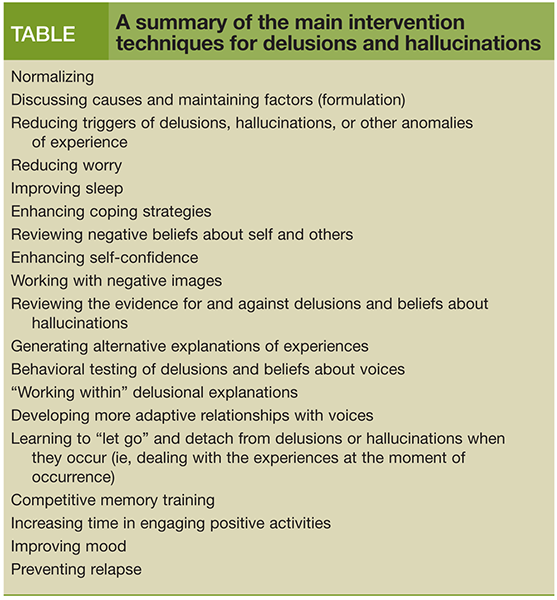
Cognitive Behavioral Therapy For Psychotic Disorders

Hallucinations Vs Delusions What S The Difference

Delusional Disorder In Children And Adolescents
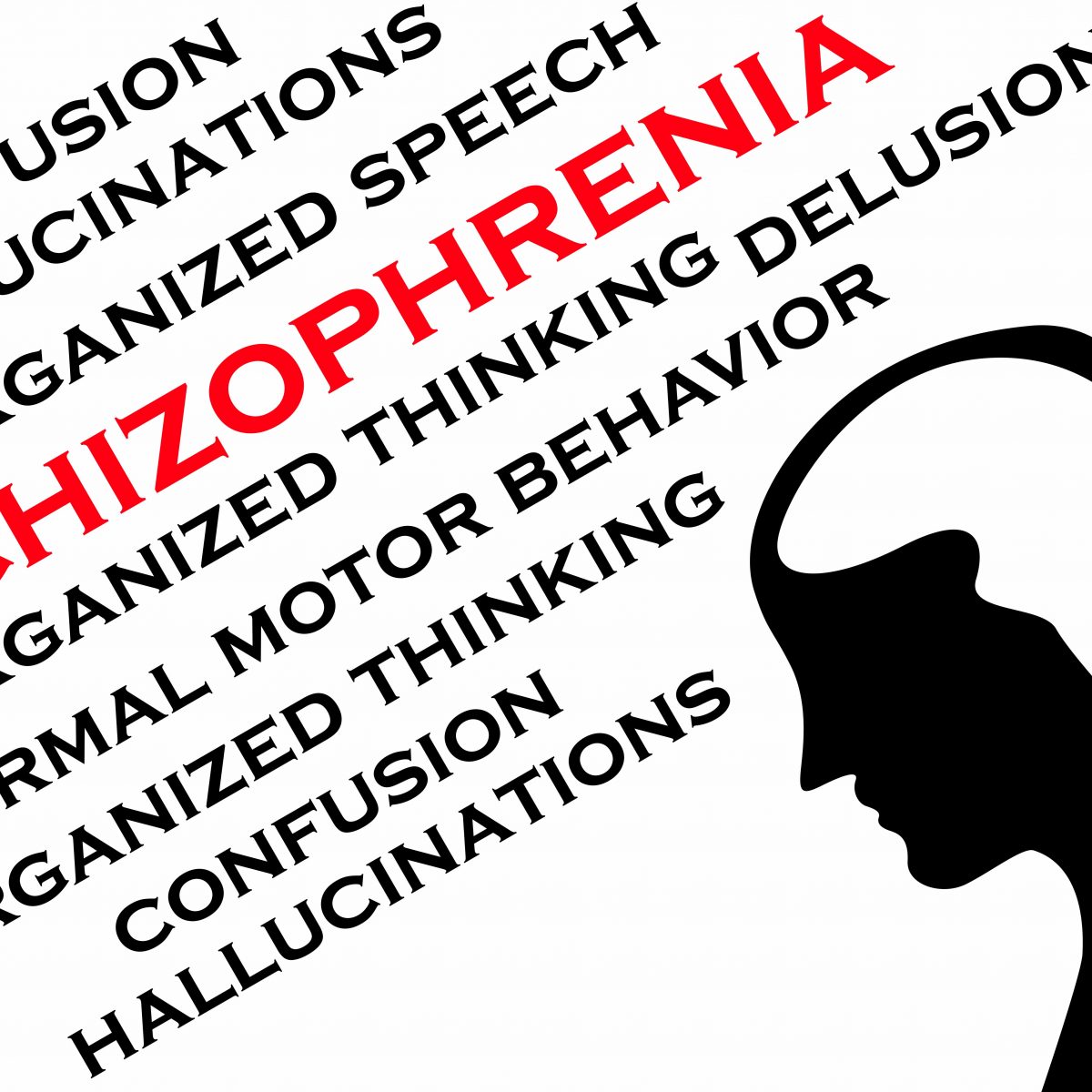
Psychotic Relapse Neura Library
/delusions-5113070-Final-a1141c0a3f814314b2f58b25f3544dde.gif)
Delusions Types Themes Causes Diagnosis

Schizophrenia Basics Delusions Hallucinations Onset Psych Central

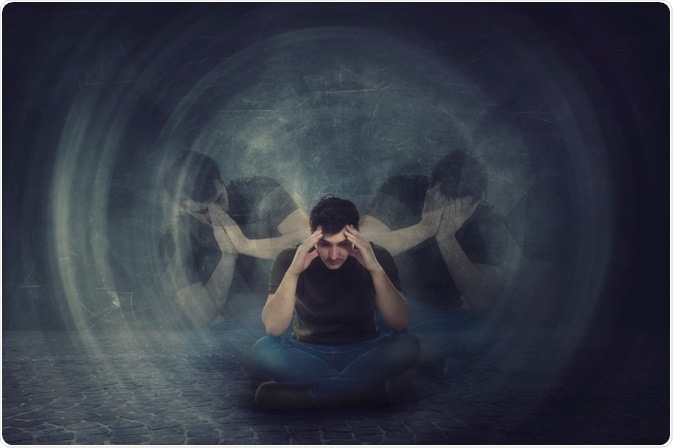
Comments
Post a Comment